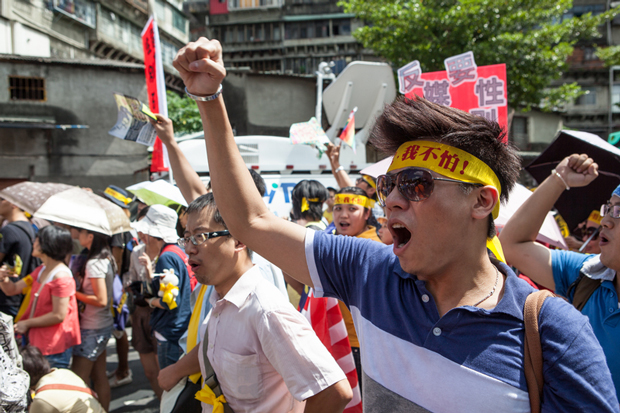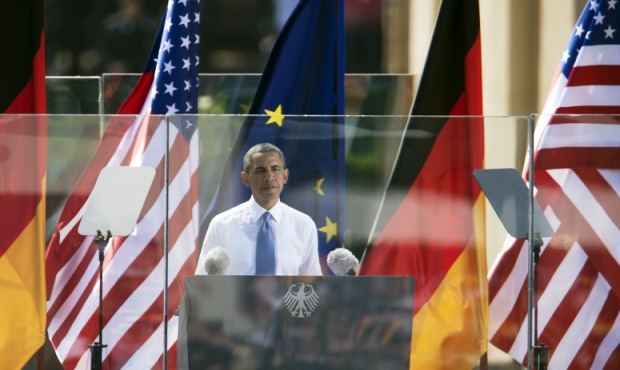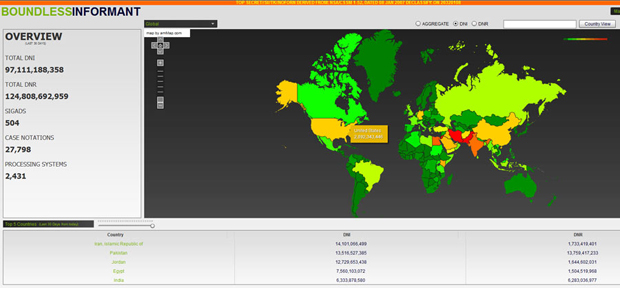In Taiwan, censorship quietly flourishes amid outrage

Activists and civic groups march in Taipei in protest against the Want Want China Times Group’s planned acquisition of China Network Systems’s cable TV services in Sept 2012.
(Photo: Craig Ferguson / Demotix)
The connections between China and Taiwanese media owners has given rise to concerns, along with some evidence, that the industry is under growing pressure to curb reporting on topics detrimental to Chinese interests and cross-strait ties.
The capital, Taipei, erupted in protests when it became known that Tsai Eng-ming, a pro-Beijing businessman, attempted to wrest control of Taiwan’s largest newspaper, the Apple Daily, earlier this year. The attempt failed amid popular outrage. But conversations with several journalists suggest that Beijing continues to exert a quieter influence – involving self-censorship and lucrative business interests – in attempt to avoid further scrutiny.
This is perhaps most prominent at the China Times Group, a Taiwanese media conglomerate that Tsai purchased in 2008. Estimated to be worth up to US$10.6 billion, the snack manufacturer has since led its subsidiaries to become more China-friendly, accepting payment from Beijing in return for camouflaged advertising and one-sided reporting. His flagship daily, the China Times, has been fined multiple times by Taiwan’s media regulators for masquerading advertising as reporting.
“It happens far more frequently than most people realize,” said Lin Chao-yi, the former head of the Association of Taiwan Journalists, that uncovered one such example last year. After receiving a copy of a schedule detailing how a visit from a ranking Chinese official was to be covered, including pre-defined topics and article lengths, Lin then impersonated a China Times employee to ask the delegation how the paper was going to be compensated.
Caught on tape, the Chinese press officer replied that the payment would be wired to a China Times Group subsidiary in Beijing. But far from discouraging such deals from taking place again, Lin said that his report “just made them more careful.” Indeed, accepting Chinese money is not only lucrative business, but also allows the paper to stay on Beijing’s good graces – guaranteeing access from behind China’s Great Firewall – according to sources familiar with the relationship.
The China Times Group’s cosy relationship with Beijing has led some journalists working under its banner to become more aware of what might, and might not, be publishable. Speaking on the condition of anonymity, one China Times reporter said that, there is an “unspoken understanding” of what articles or reports might contradict the paper’s political viewpoint, including, for example, pieces critical of either Beijing or Taiwan’s China-friendly president, Ma Ying-jeou.
“In these cases, we might choose to just drop the subject, instead of choosing to pursue it further,” the reporter said, in words reminiscent of the self-censorship taking place elsewhere in the Chinese-speaking region.
But far from taking place only at the China Times Group, self-censorship is also seen as a necessity by other media groups keen on maintaining access to the Chinese market. Much of this has to do with Taiwan’s highly profitable entertainment industry that feeds thousands of hours of programming each year into local Chinese television channels. Produced by the same media groups that also run cable news stations, coverage of some politically sensitive topics, such as the Dalai Lama or the Falungong movement, are toned down to avoid antagonizing Beijing.
“China uses its vast market as a bargaining chip,” said Cheryl Lai, the former editor-in-chief of the state run Central News Agency, adding that most of this takes place secretly and away from public scrutiny. “They know that most of these media companies are in it for the money. All they have to do is threaten to cut it off.”
The trend towards greater Chinese influence in the media is reflective of the realization that its political objectives of unifying Taiwan, which it claims to be a breakaway province, can be achieved cheaper and more effectively through propaganda, rather than force. Instead of “spilling blood on Taiwan,” an old rallying call for conquering the island by force if necessary, Beijing has deemed it easier to “spill money on Taiwan,” said Lai, who has been writing on China’s growing political sway on the island.
The same trend can be seen elsewhere where China holds political interests, such as Hong Kong, where a large number of publications are ostensibly under its influence. The South China Morning Post, for example, has reportedly been hit by allegations of self-censorship after the appointment of new Editor-in-Chief Wang Xiangwei, a member of the Chinese People’s Political Consultative Congress, a Chinese government body.
In Taiwan, even as most media interests are controlled by large corporations, some with extensive business ties to China, there is, however also a realization that hard-fought press freedoms must be protected. More than 100,000 protestors, including students and reporters, rallied in defence of the Apple Daily during the failed purchase in January this year, with some groups vowing to raise the equivalent funds if it meant protecting the paper’s journalistic integrity.
All this is reason why Beijing is likely to continue and incubate its media influence behind the scenes, at least for now.


